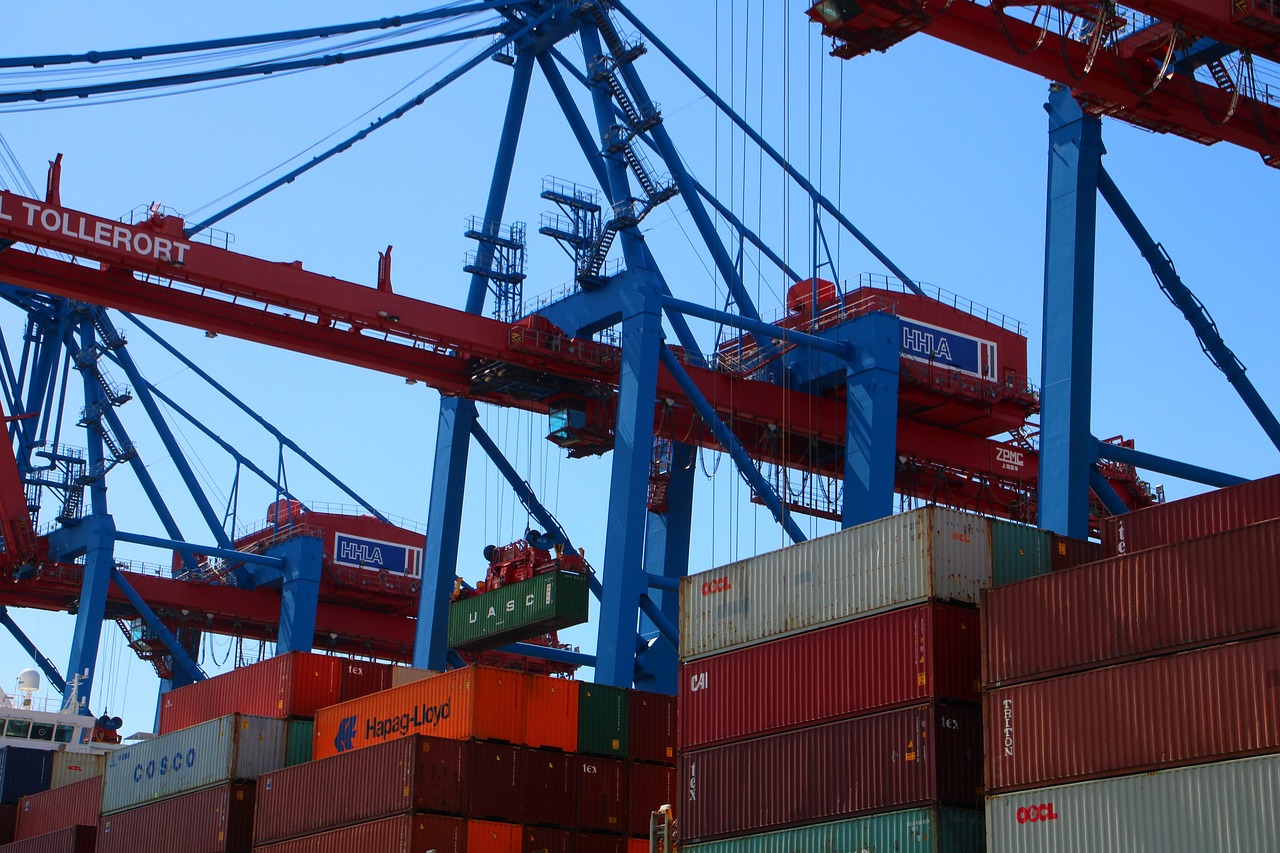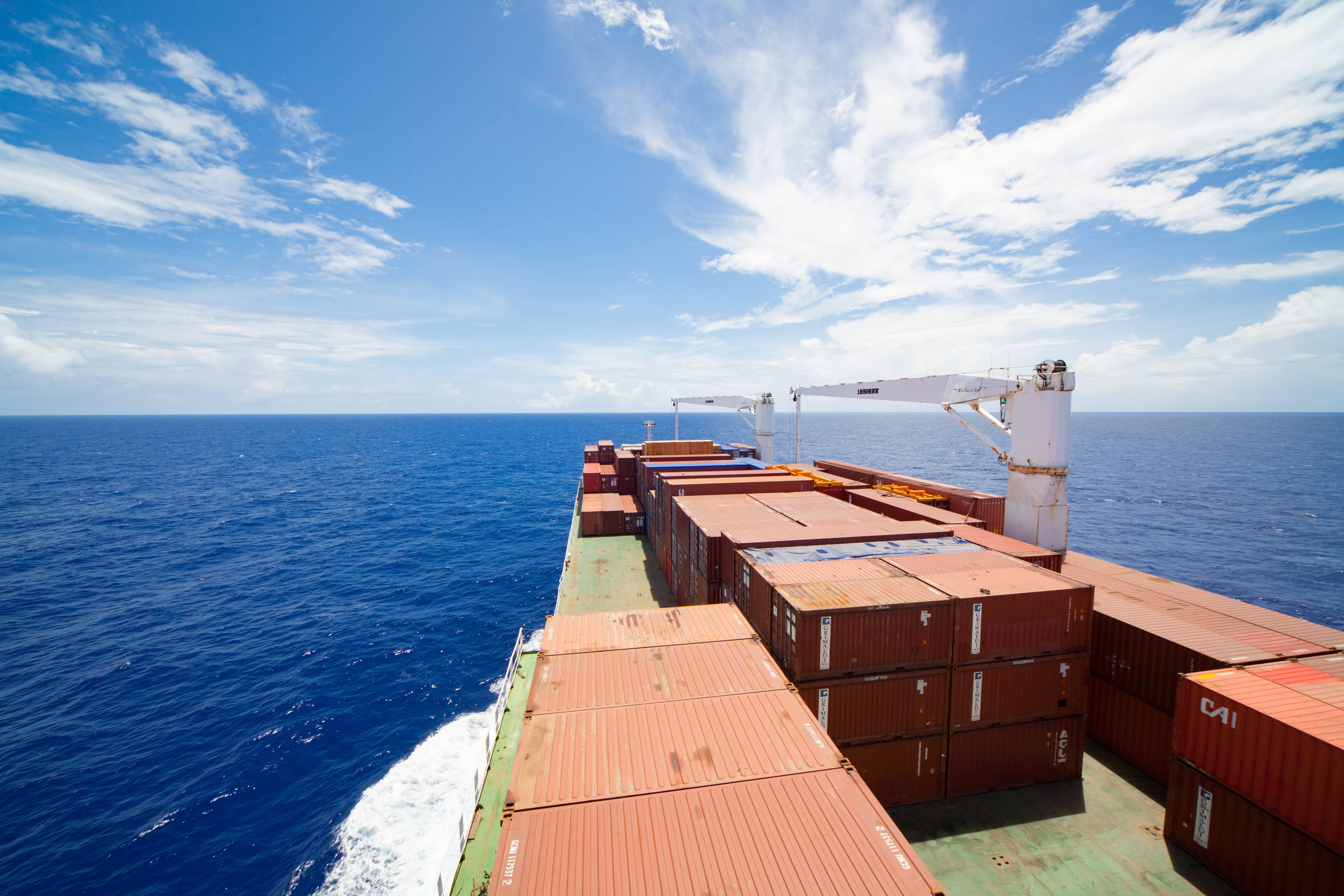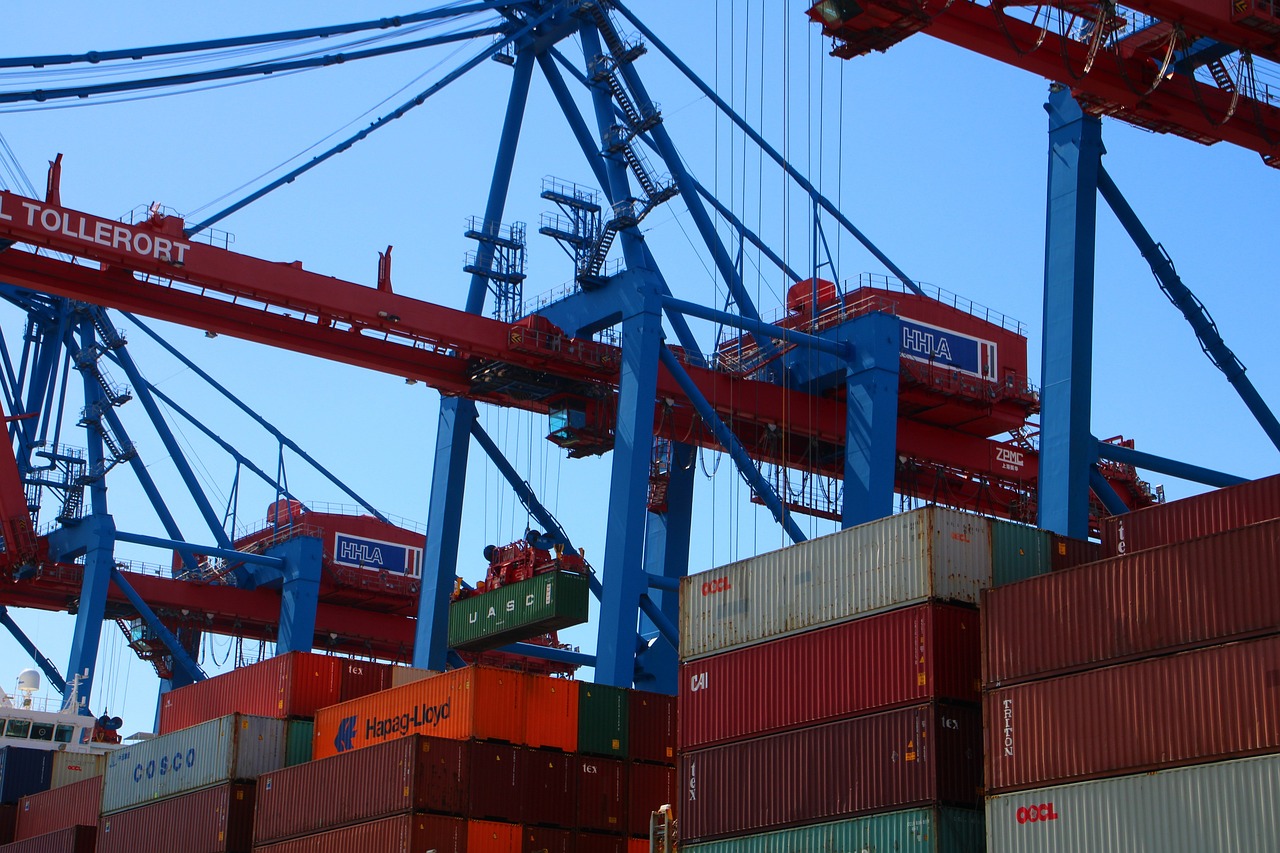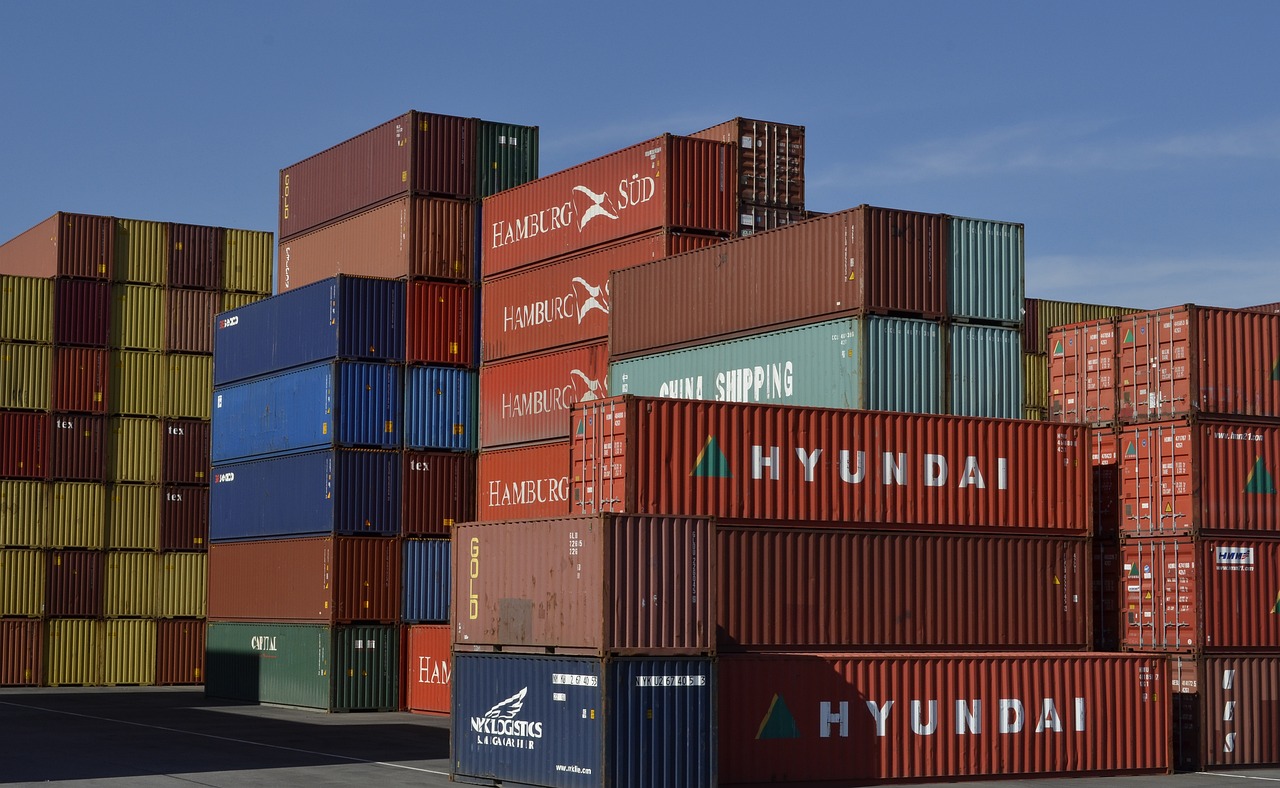What Types of Containers Are There?

Containers are used for shipping, storage, and transportation of goods. They come in various sizes and shapes to meet the different needs of different industries. In this article, we will explore the different types of containers available in the market and their features.
1. Dry Containers
Dry containers are the most commonly used containers in shipping. They are designed to carry dry goods and are available in standard sizes of 20, 40, and 53 feet. These containers are weather-resistant and secure, making them ideal for the transportation of goods over long distances. Dry containers are made of steel and can be used for multiple trips.
2. Refrigerated Containers
Refrigerated containers, also known as reefers, are used for the transportation of perishable goods such as fruits, vegetables, and dairy products. They are equipped with a refrigeration unit that can be set to a specific temperature to ensure that the goods remain fresh during transit. Reefers are available in 20 and 40-foot sizes and are made of steel with insulated panels to maintain temperature.
3. Flat Rack Containers
Flat rack containers are used for the transportation of heavy and oversized cargo that cannot be loaded in a standard dry container. They have a flat deck and collapsible sides, which can be removed when not in use. Flat rack containers are available in 20 and 40-foot sizes and are made of steel for durability and strength.
4. Open Top Containers
Open top containers are used for the transportation of bulky and tall cargo that cannot fit through the doors of a standard dry container. They have a removable roof that allows for easy loading and unloading of the goods. Open top containers are available in 20 and 40-foot sizes and are made of steel for strength and durability.
5. Tank Containers
Tank containers are used for the transportation of liquids and gases. They are equipped with a tank that is designed to handle specific types of liquids and gases. Tank containers are available in 20 and 40-foot sizes and are made of stainless steel for durability and safety.
6. Special Purpose Containers
Special purpose containers are designed for specific applications, such as the transportation of hazardous materials, military equipment, and chemicals. These containers are built to meet the specific requirements of each industry and are available in various sizes. Special purpose containers are made of steel and are equipped with additional features such as reinforced walls and flooring for safety.
7. Shipping Containers
Shipping containers are used for the transportation of goods via sea, rail, or road. They are made of steel and are available in standard sizes of 20 and 40 feet. Shipping containers are designed to withstand the harsh conditions of shipping and are weather-resistant. They can be used for multiple trips and can be easily transported using a shipping container chassis. Shipping containers are also commonly used for storage, as they provide a secure and durable solution for keeping goods safe.
8. Office Containers
Office containers are modified shipping containers that are used as portable offices or workspaces. They are equipped with electrical, lighting, and HVAC systems to provide a comfortable and functional workspace. Office containers are available in various sizes and can be easily relocated to different job sites. They are a cost-effective and sustainable solution for temporary or permanent office spaces.
9. DNV Containers
DNV containers are containers that are certified by the Det Norske Veritas (DNV), a leading international classification society. They are used for the transportation of hazardous materials and are designed to meet the strict safety requirements of DNV. DNV containers are available in various sizes and are made of steel for durability and strength. They are equipped with features such as reinforced walls and flooring, fire suppression systems, and spill containment systems for safety.
In conclusion, containers are an essential component of the shipping, storage, and transportation industries. The different types of containers available in the market cater to the specific needs of different industries, providing a safe and efficient solution for the transportation of goods. Whether you are shipping perishable goods, heavy equipment, or hazardous materials, there is a container that is right for you.



